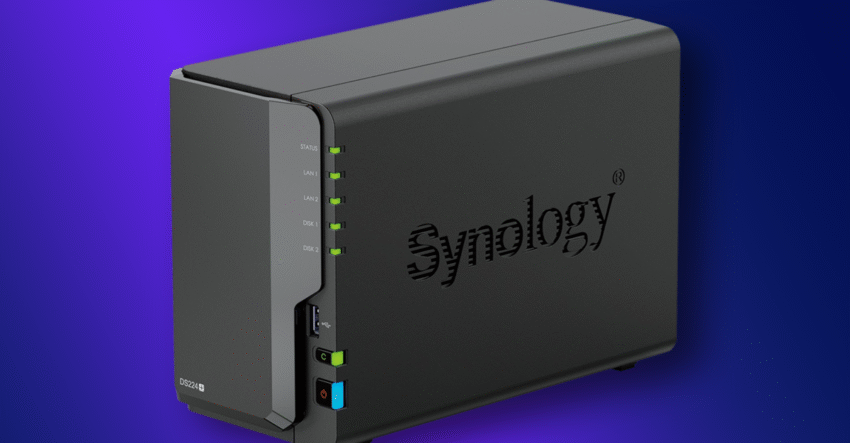Synology this year, the company, the company, is preparing to launch new sanctions on third -party hard drives in its future network -connected storage (NAS) devices. Confirmation of ARS Technica. These changes can be very difficult to use in synology devices for common use issues, such as backing up home computers or local media server. The good news is that if you already own Synology NAS, the company says change will not affect you.
Synology says in an EU Press release It is “starting with the Plus series models released in 2025,” only Synology-branded drives and these companies have confirmed to meet their features “that” will offer the full range of features and help. ” According to PassageSynology plans to update its compatibility lists to reflect which third -party drive it has confirmed.
New restrictions mean that without synology -approved drives, you may not be able to operate like pool storage between disk or take advantage of drive life analysis offered by company software. This change does not apply to Synology J- and Value Series devices, and will not affect the devices other than consumer grade synology, which were released in 2024 and earlier. According to the Synology press release, it will not affect hard drives that are migrating from this year’s current NAS system to this year’s equipment.
As far as why is it making this change, a spokeswoman for a Synology told Passage“Widespread internal testing has shown that drives that follow the strict verification process when combining the synology system are less at risk for drive failure and ongoing compatibility issues.” The company says the same thing in its press release writes that restrictions will “reduce compatibility problems and increase the system’s reliability and performance.” Synology did not immediately respond StuffyRequest to comment.
Such restrictions are disturbing. Lt IT of Synology Credit, it is introducing them as a thing that is less invasive than anything like a printer company Blocking third -party ink with software update. But this does not determine the fact that the owners of their future NAS devices will have less choices – and therefore there will be less likely to save money – when they talk about buying drives to stick.
